Nội Dung Chính
- 1 What differences can you see between the first and last pair of photos?
- 2 Read the article. Did you mention any differences in exercise 1 that are not mentioned in the text?
- 3 Read the Learn this! box. Complete the examples and rules. How many more examples of each tense can you find in the article?
- 4 Complete the sentences using the correct future continuous or future perfect form of the verbs in brackets.
- 5 USE OF ENGLISH Read the Learn this! box. Add two more time expressions from the article in exercise 2.
- 6 SPEAKING Read the prompts. Then in pairs, make predictions using the future continuous or future perfect and a suitable time expression. Do you agree with your friend?
(page 40)
I can talk about events in the future and when they will happen.

NOW
20,000 YEARS FROM NOW
60,000 YEARS FROM NOW
100,000 YEARS FROM NOW
1 What differences can you see between the first and last pair of photos?
2 Read the article. Did you mention any differences in exercise 1 that are not mentioned in the text?

How will the human body have changed in 100,000 years? That was the question artist Nickolay Lamm asked genetics expert Dr Alan Kwan. After their discussion, Mr Lamm came up with some interesting predictions.
In the distant future:
• Humans will be living in other parts of the solar system. As a result, our eyelids will have become thicker to protect our eyes from radiation.
• Our nostrils will have grown larger to cope with less oxygen in other atmospheres.
• The size of our skull will have increased because our brain will have got larger.
• We will be using a nano-chip inside our head to receive images and sound for entertainment and communication.
3 Read the Learn this! box. Complete the examples and rules. How many more examples of each tense can you find in the article?
LEARN THIS! Future perfect and future continuous
a We form the future perfect with will have + past participle.
By the weekend, 1___________he left hospital.
b We form the future continuous with will be + -ing form.
This time next month, he 2___________ again. playing football
c We use the future 3___________ completed action in the future. to talk about a
d We use the future 4___________ action in progress in the future. to talk about an
4 Complete the sentences using the correct future continuous or future perfect form of the verbs in brackets.
1 Five hours from now, we___________ (finish) this English lesson.
2 My brother is at university, but in two years' time, he ___________(work).
3 Hopefully, I ___________ (not live) with my parents when I'm thirty.
4 I'm sure the party will be a big surprise for her. Nobody ___________(tell) her about it.
5 According to the weather forecast, the sun ___________(shine) all day tomorrow.
5 USE OF ENGLISH Read the Learn this! box. Add two more time expressions from the article in exercise 2.
LEARN THIS! Future time expressions
When we talk about the distant future, we can say:
• about 100 years from now
• In 1.000/10.000/ a million years' time
• within 10/50/100 years
• by the end of the decade/ the century/the next century/the millennium
• in the foreseeable future/ in the long term
6 SPEAKING Read the prompts. Then in pairs, make predictions using the future continuous or future perfect and a suitable time expression. Do you agree with your friend?
1 Scientists/find a cure for most diseases
2 Most people / live to 200
3 New diseases / appear
4 Computers/manage all major companies
5 The Earth/fight wars against other planets
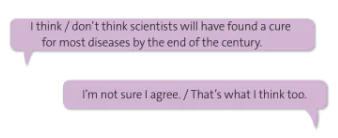
I think / don't think scientists will have found a cure for most diseases by the end of the century.
I'm not sure I agree. / That's what I think too.
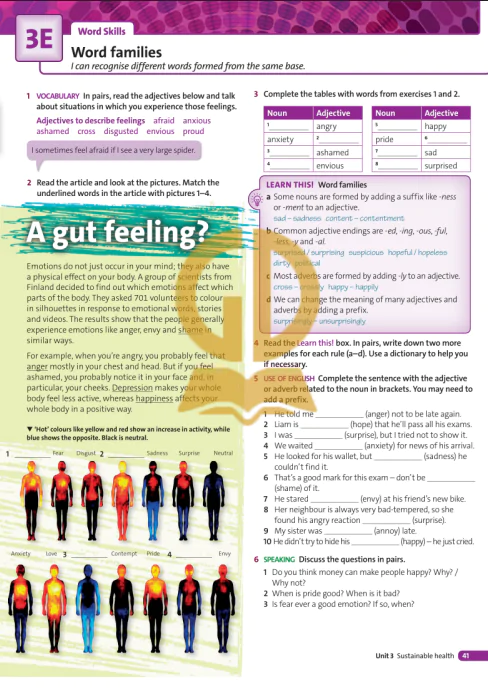
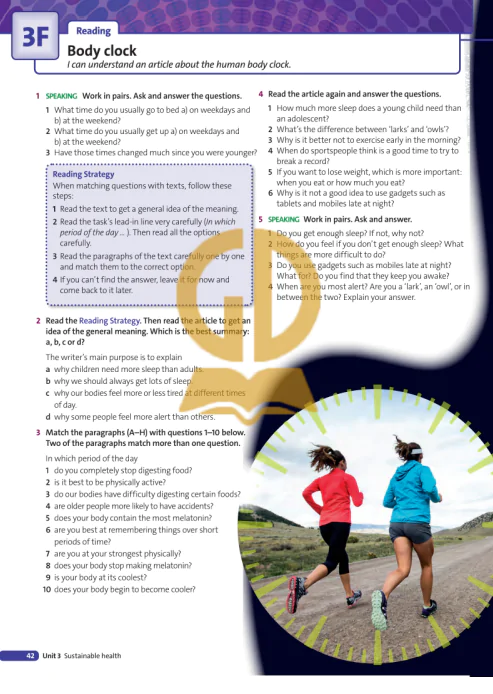
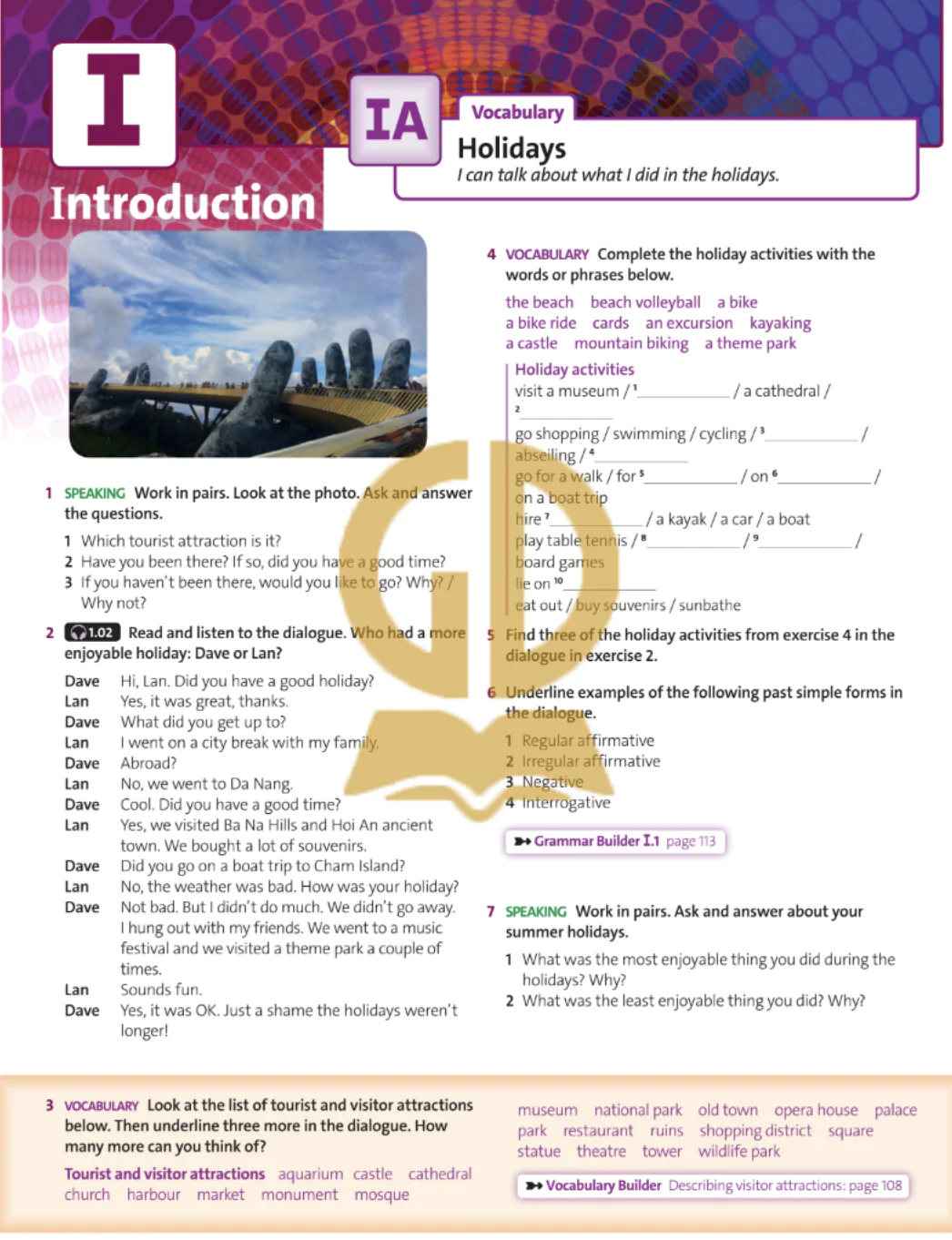
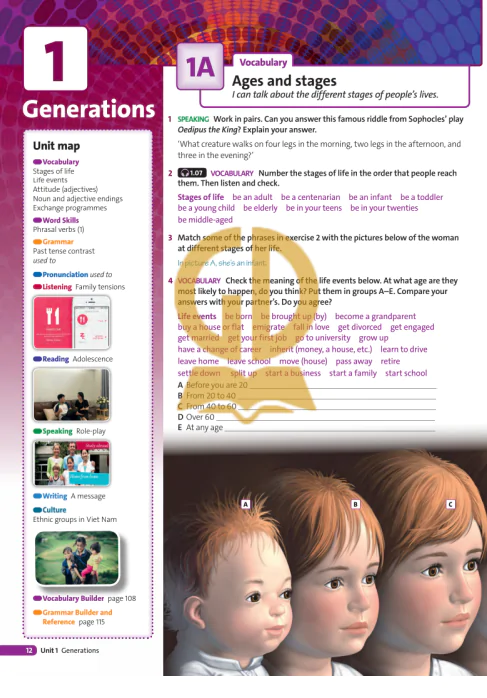
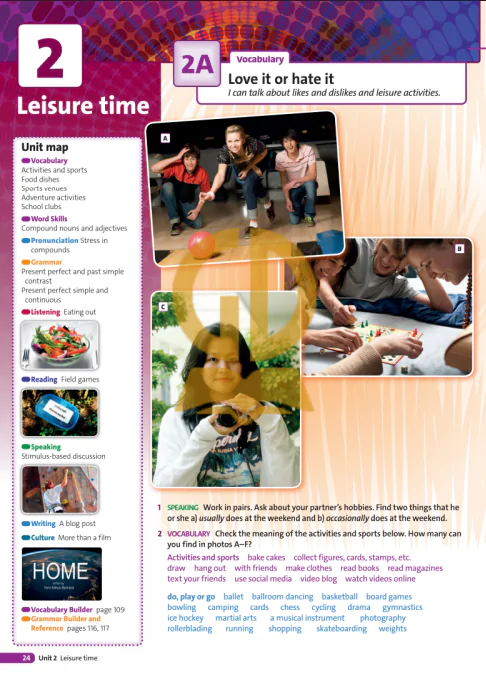
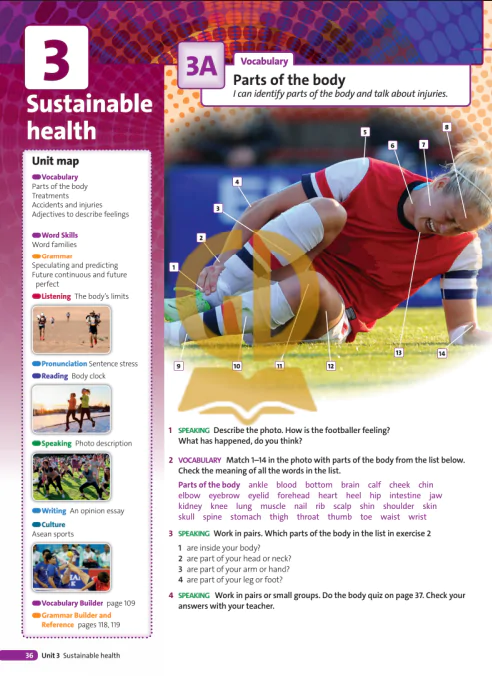
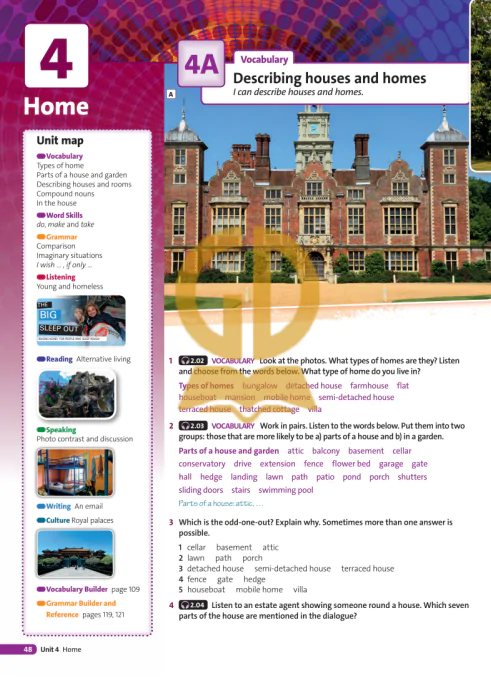
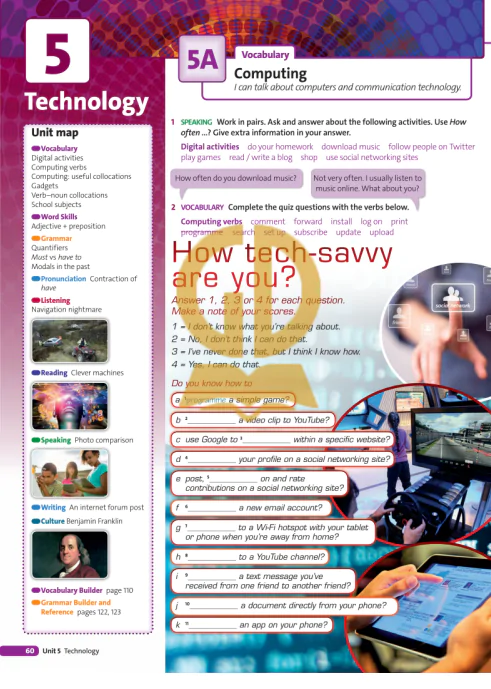


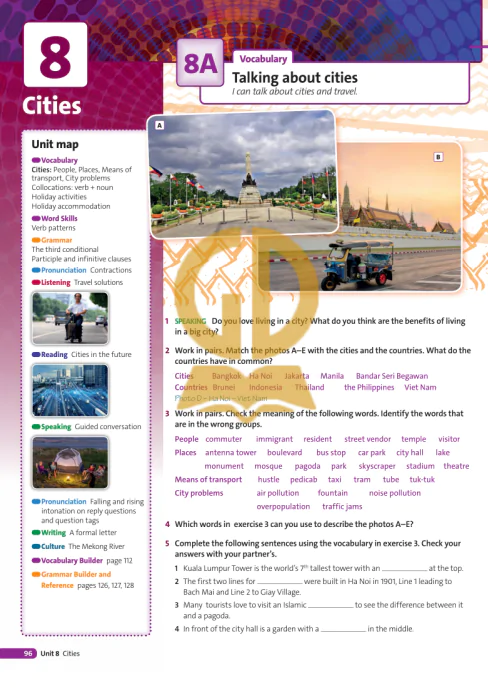

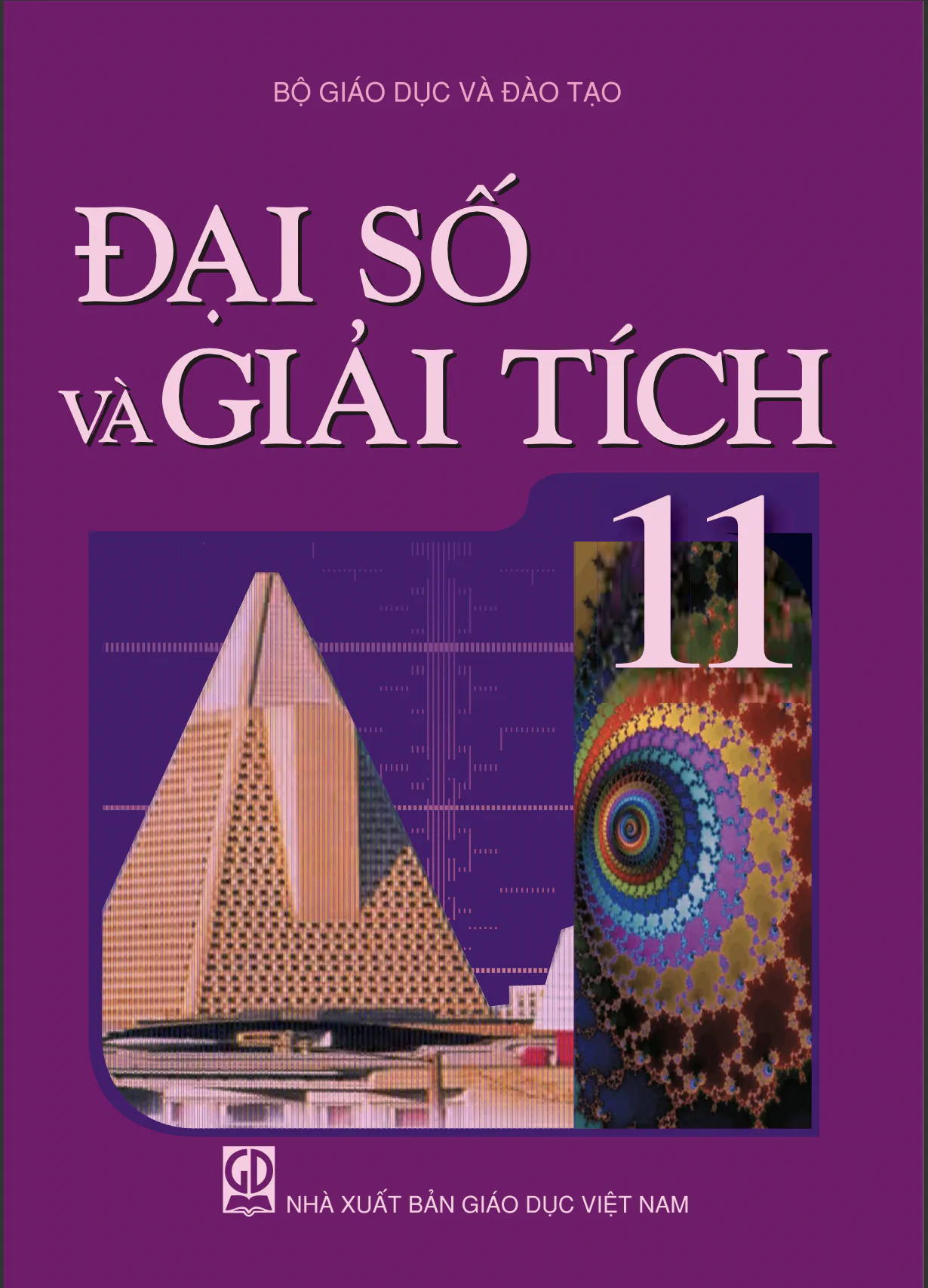







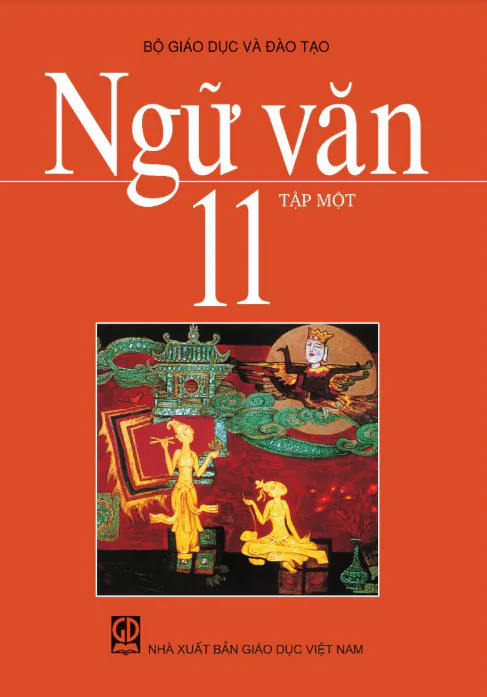









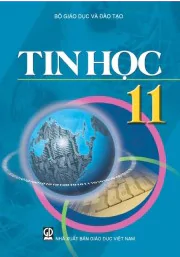



















Bình Luận
Để Lại Bình Luận Của Bạn